Benue Killings: How 200 People Were Massacred By bandit
In Nigeria, tragedy has become so common that even death counts have begun to blur into
statistics. But every once in a while, a slaughter so brutal, so extensive, and so deliberate rips
through that numbness. The benue killings or Yelwata massacre, which unfolded on the night of June 13–14,
2025, has quickly entered that grim category.
What began as an afterthought that the state may
be attacked again after previous attacks they’ve retained during the past years has blown into
another Fulani-related attack that happens to be one of the deadliest in Benue State’s bloody
history.
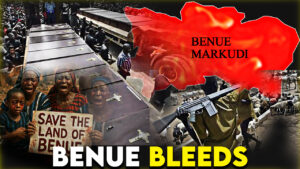
The Night of The Attack of Benue killings
On the night of June 13 to 14, 2025, something unspeakable happened in the heart of Nigeria.
In Yelwata, a quiet agrarian community in Guma Local Government Area, near Makurdi, Benue
State, sleep was interrupted by screams, flames, and the sound of bullets. But the victims in this
catastrophe were not soldiers who were caught in a gunfight while protecting the locals, the
victims were not criminals either, they were families. Families that had been displaced,
homeless, and vulnerable. People who were simply seeking shelter in a marketplace and a
church.
According to eyewitnesses and early media reports, heavily armed militants, widely believed to
be Fulani herdsmen, arrived in the dead of night.
They split into coordinated cells, surrounding the IDP shelter points before advancing. As
people slept, they set buildings on fire, forcing the occupants to flee out into the open, where
they were mowed down.
They were also armed with AK-47s, machetes, and firebombs, which
they shot at the victims indiscriminately, hacking down those who tried to run.
Witnesses said the attackers shouted “Allahu Akhbar” repeatedly, fueling fears that this was not
just a land conflict, but possibly a religiously charged violence.
By the time they retreated, possibly warned of an approaching security response, their trail had
already been marked by burnt corpses, bloodied infants, and wailing mothers cradling lifeless
children.
watch the full YouTube video evidence of it here
After The killings
By morning, the smell of burnt flesh filled the air. Those who miraculously survived came out of
hiding, bloodied and broken, into a morning that no longer promised safety. They had survived
yet another massacre in a nation that refuses to confront its bleeding center.
In the immediate aftermath of the attack, bodies were everywhere. Littered in the streets, under
burnt zinc roofing, in church pews, and beneath makeshift tarpaulins that once served as
shelter.
Initial reports from local vigilantes and emergency responders estimated at least 100
people dead, many of them burnt beyond recognition, some shot while asleep, others mutilated
by machete.
But these were just the visible bodies, the ones the people could get to after the attackers left.
Many more had been trapped in flames. Others had bled out in silence under debris, or died
while fleeing into the bushes, later discovered days after by search teams and grieving relatives.
More precise assessments began to emerge from Catholic charities and humanitarian partners.
The Diocese of Makurdi’s Foundation for Justice, Development & Peace (FJDP), in
collaboration with other Christian NGOs providing relief to IDPs, conducted detailed field visits,
survivor interviews, and body counts across affected zones. They discovered that up to 200 people were confirmed dead. Dozens more critically injured.
Entire families wiped out, some without a single survivor. Children burnt alive in makeshift tents,
their charred remains clinging to what used to be mothers’ arms. These were not just revised
statistics. These were identities erased, entire genealogies lost, entire wards emptied overnight.
The Delayed Response Of Government
The insecurity of the Nation and Late Security Arrival. Benue State, especially Guma Local Government Area, has long been a hotspot of
Fulani-herdsmen-related killings. This is not new information. It is a well-documented fact.
Villages have been razed in Logo, Agatu, and Gwer, and mass burials have become almost
cultural in this Middle Belt region. And yet, despite this established pattern, Yelwata, known as
flashpoint, was left unguarded.
The benue killings and attack lasted for hours. Survivors say the armed militants arrived around midnight and did
not leave until after 3 a.m. During this time, calls were made. Warnings were sent. Screams
echoed into the night. And still, no one came.
It wasn’t until dawn that security operatives slowly showed up, but not to stop the killings, just to
count the dead.
When General Sani Abacha, Nigeria’s most feared military ruler, declared in the 1990s that “if
insurgency lasts more than 24 hours, the government has a hand in it”, many dismissed it as
one of his many authoritarian outbursts. But decades later, in the blood-soaked aftermath of
Yelwata, his words have become prophecy.
Because this benue killings, wasn’t just a case of insecurity. It was a case of
strategic silence, delayed response, and questions no government wants to answer.
Let’s consider the two possible reasons for this deadly delay:
Some argue that the Nigerian security forces are underequipped, outnumbered, and afraid of
confronting these well-armed militias who are often backed by networks of powerful interests.
In this case, the delay could be a reflection of cowardice, not necessarily complicity.
But if soldiers cannot protect sleeping Internally Displaced People, what then is the justification
for their salaries, their uniforms, and their presence?
The Nigerian Army has proven that when ordered, it can act swiftly and brutally. We’ve seen this
evident especially when cracking down on unarmed citizens: Shiites were gunned down in Zaria
without mercy. End SARS protesters at Lekki were fired at with live bullets. IPOB and Eastern
Security Network members are hunted like terrorists.
So why the hesitation when Fulani militants massacre over 200 people
Government Misplaced Priority
This is the darker, more dangerous explanation. That orders were given to stand down, or that
some political or ethnic interests were being protected. That someone, somewhere, decided that
Yelwata could burn, and that those lives were expendable.
Because let’s be honest, if these had been 200 elite citizens, expatriates, or northern Muslims in
Lagos or Port Harcourt, a military task force would have been deployed within minutes.
This just proves something about the security system in the country. This proves that the
security system is selective when it comes to protecting lives and properties.
Why do we say so?
The Nigerian forces know how to deploy helicopters in the South-East. It knows how to mobilize
tanks for election periods. It knows how to crush protests in Abuja. It also knows how to make
people disappear in the North-East.
But somehow, it never knows how to prevent Fulani herdsmen from slaughtering villages in
Benue, Plateau, or Southern Kaduna.
This is not incompetence. This is strategic neglect. And as Sani Abacha rightly said, when an
insurgency persists without interruption; the inaction of the government becomes the loudest
evidence of complicity. Why is it that no high-ranking military chief has visited the site? No
national mourning was declared. No emergency security overhaul was announced.
Instead, the federal government treated it like just another incident in a long list of rural killings.
You know, unworthy of outrage, unfit for justice, and inconvenient to acknowledge.
How Did the Fulani Herdsmen Get AK-47s and Ammunition.
In a nation where countless citizens can barely afford a bag of rice, where schoolchildren learn
under trees, and where the government claims it can’t even pay living wages, how did nomadic
cattle herders who are traditionally armed with sticks and machetes now become militarized with
AK-47s, FN rifles, and in some cases, drone surveillance equipment?
This is not a conspiracy theory. It is a reality too loud to ignore, and the answer lies at the
intersection of state failure, international arms smuggling, deliberate ethnic politics, and
high-level collusion.
Nigeria shares over 4,000 km of porous borders with countries like Niger, Cameroon, Chad, and
Benin. These borders are mostly unmanned, under-policed, or compromised.
In places like Sokoto–Niger border, Kebbi–Benin border, Borno–Cameroon border, you can
cross without a passport, without a checkpoint, and without detection.
This reality has made it alarmingly easy for armed non-Nigerian Fulani fighters, Illegal weapons traders, and Jihadist recruiters to enter Nigeria, particularly through the North-East and North-West, and later settle
into forest strongholds like Sambisa, Rugu, and Kamuku.
Now what started as communal conflict has evolved into ethnic terrorism, armed with
military-grade weapons, right under the government’s nose, or with their sponsorship.
An AK-47 on the black market in West Africa costs between $400 and $1,200, depending on
location. A box of 7.62mm ammunition (which AK-47s use) can cost between $150 to $300.
So how does a herder who owns five cows afford this arsenal? This raises questions that
Nigeria’s government refuses to answer. Who is funding these weapons? Who is supplying the
logistics like transport, communications, food chains, intel? Why has no major arms financier
been arrested and tried publicly? And make no mistake, this is not random. This is coordinated.
…
In summary, when 200 people are murdered in one night and the nation does not tremble,
something has died beyond the victims. Something in the conscience of the country.
The Yelwata massacre is a symptom of a deeper rot—a nation unwilling to protect its own
citizens, or even acknowledge their pain when they are gone.
It reminds us that in Nigeria, being poor, rural, and Christian in the Middle Belt makes you expendable. And until these changes, we will keep counting the dead in mass graves.
But even if the government refuses to remember, history will.
And we must never forget.
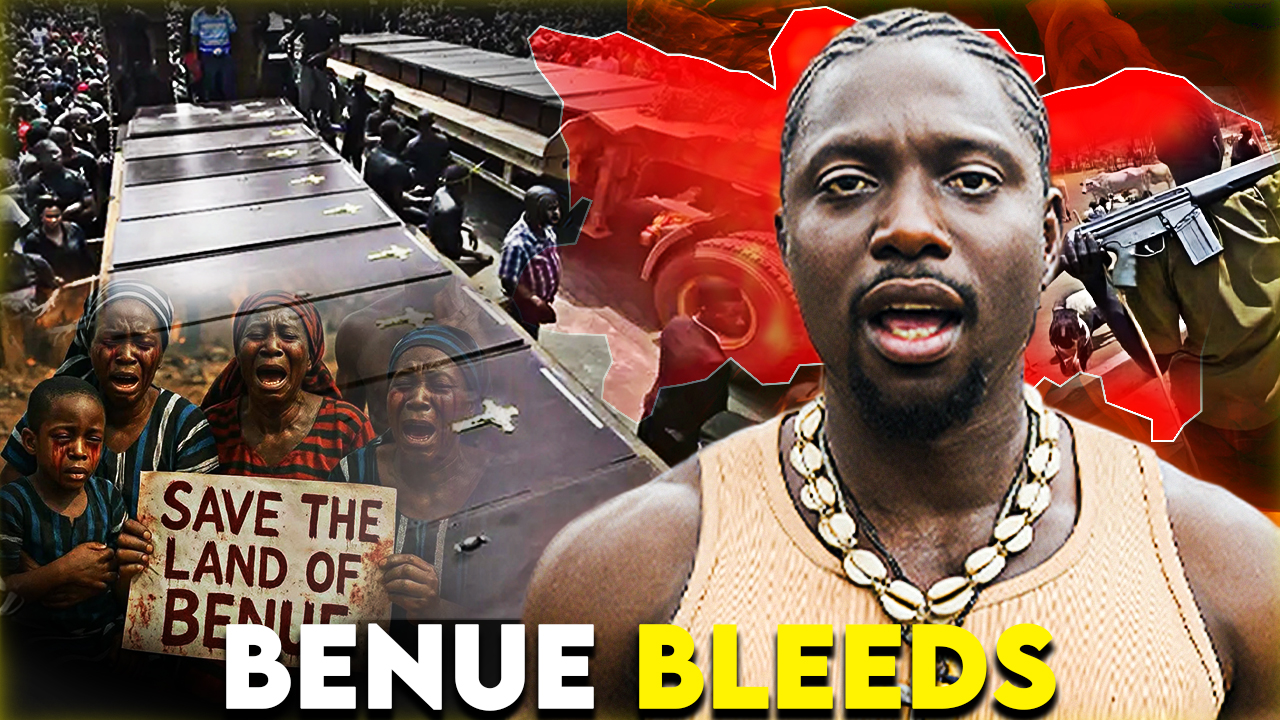




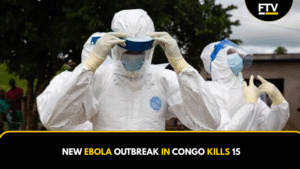



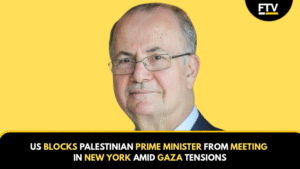

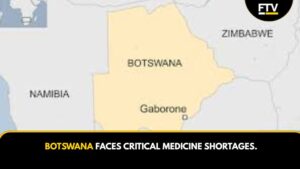


1 comment